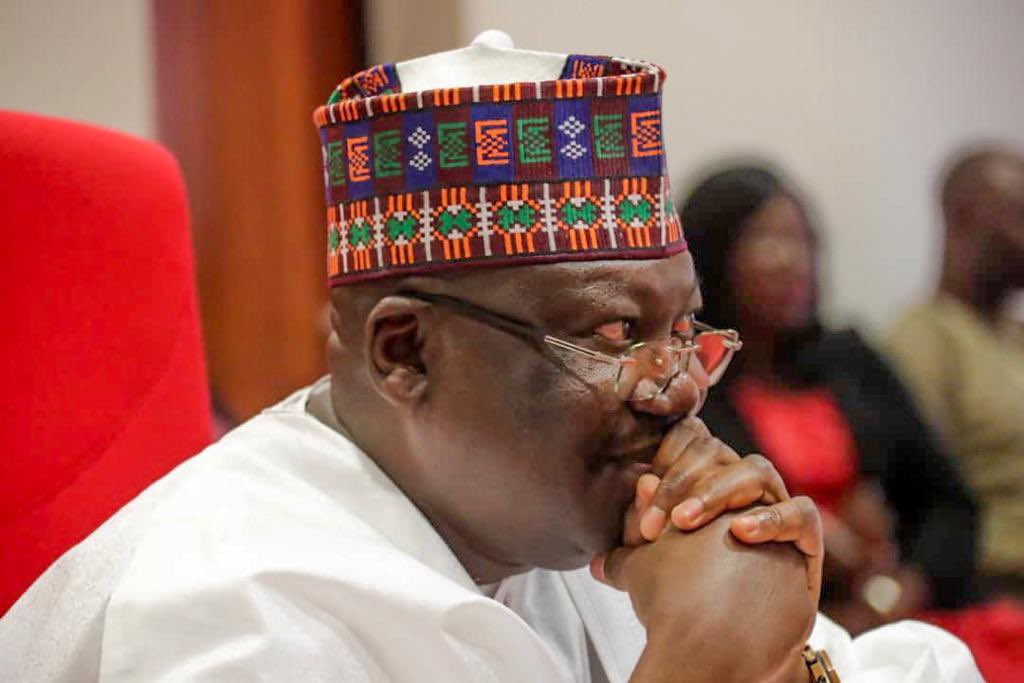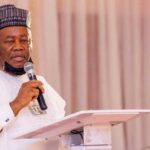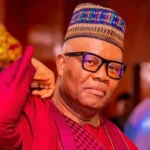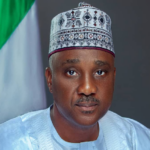By Ola Awoniyi
I might have titled this piece: ‘Re: Once again, most legislators will not return to National Assembly,’ because it was prompted by an article under that title written by the highly respected academic, rights activist and columnist, Prof. Jibrin Ibrahim, and published by some media outfits on Friday, June 17, 2022. However, I decided otherwise because Prof. Ibrahim’s commentary, as usual, made many points that I consider valid and thus have no issue with.
But an aspect of the article is capable of leaving the reader with a wrong impression, and that is what I have set out here to correct. Which means this piece is actually not a rejoinder, in the full sense of that word, to the article by the good professor, just an amendment to it, as they would have described this effort of mine in parliament.
- NIGERIA DAILY: The Real Story Behind Ekweremadu’s Arrest In London
- We value Nigeria’s democracy, security because of its regional importance—Nuland
The focus of Prof. Ibrahim’s article was the stranglehold of state governors on their political parties in their states and how this continues to reflect in the high turnover of lawmakers, especially in the National Assembly.
The writer mentioned the Senate president, Ahmad Lawan, as one of a few lawmakers who have had long tenures in the National Assembly, despite the harsh political atmosphere he observed. His misstep was in how he explained Lawan’s survival.
Prof. Ibrahim wrote: “The Senate president, Ahmad Lawan, is the most spectacular exception that breaks the rule. He has been in the National Assembly since 1999, first in the House of Representatives and subsequently in the Senate. For some reason, successive governors of Yobe State have always given him the green light to stay on. I wonder why? Could it be linked to his style and record of being unobtrusive and inconspicuous as a legislator who did nothing and was therefore perceived as non-threatening? What is clear is that until he became the Senate president, hardly anyone noticed him. He was discovered when he became Senate president three years ago and then broke the Richter scale of political ‘arrivism’ when the APC chairman announced him to be the ‘presidential’ choice of President Buhari.”
I would have ignored it if those assertions were made by an undistinguished writer. But they are hard to overlook in the well-read column of a Professor of Political Science who is universally respected for the fairness and profundity of his opinions.
It is atypical of the columnist to claim that Lawan was unknown prior to his emergence as the 14th President of the Senate in 2019, because that claim is not true. And it is not fair to say Lawan was “an unobtrusive and inconspicuous legislator” as of 2019.
Those claims left me curious because, more than most people, Prof. Ibrahim is in a position to know better. He knew Lawan was the choice of his party, the APC, for election as Senate president in 2015, based on his reputation as one of the most effective and better known opposition lawmakers in the Fourth Republic by then.
Of course, Prof. Ibrahim would remember that Lawan was the Senate leader before his emergence as Senate president. So, how can the Senate leader be “unobtrusive and inconspicuous”? Even if a person was randomly appointed to the position, the role would haul him out of obscurity.
Aside from the presiding officer, the next most visible in parliament is the majority leader, who leads in championing the cause of their party’s government.
And Lawan did not step into that position from darkness. Before his election to the Senate, he had spent two terms of eight years in the House of Representatives, where at different times he was privileged to chair critical committees like Agriculture (2003-2005) and Education (2005-2007), despite the fact that he was in the opposition at those times.
Such committees are usually chaired by members of the majority party in parliament, so it is a reflection of what his colleagues thought of him to have accorded him those privileges.
At the Senate, to which he was first elected in 2007, Lawan held the very important chair of the Public Accounts Committee for eight years (2007-2015) and the Defence Committee for two years (2015-2017). All those were before he became the Senate leader. Does that profile fit the description of the “unorbtrusive and inconspicuous”?
I cannot understand why Prof. Ibrahim tried to serve his readers the impression that a man with such resume and history in parliament was unknown before his emergence as the president of the Senate and chairman of the National Assembly. Did he forget Lawan’s political journey out of familiarity?
Lawan spent 10 years in the academia and acquired a doctorate in Remote Sensing and Geographic Information System before he ventured into politics in 1998. That year, he was elected the pioneer vice chairman of the defunct All People’s Party (APP) in Yobe State and in 1999, was the secretary of the Electoral Committee of the APP National Convention which held in Abuja.
As I was quick to say at the start, I have no quarrel whatsoever with the focus of Prof. Ibrahim’s said article of June 17, which addressed two phenomena that have become a malaise that needs to be checked for the growth of democracy in Nigeria.
One is the system that allows state governors to unilaterally determine who become party officials and candidates for elections. The other is the high turnover of lawmakers in our legislative assemblies, especially in the National Assembly, as captured by the current situation whereby about half of senators did not get their parties’ tickets for the elections.
On those points and for his usual well-grounded interventions, I salute the good professor.
Awoniyi is Special Adviser on Media to Senate President

 Join Daily Trust WhatsApp Community For Quick Access To News and Happenings Around You.
Join Daily Trust WhatsApp Community For Quick Access To News and Happenings Around You.


